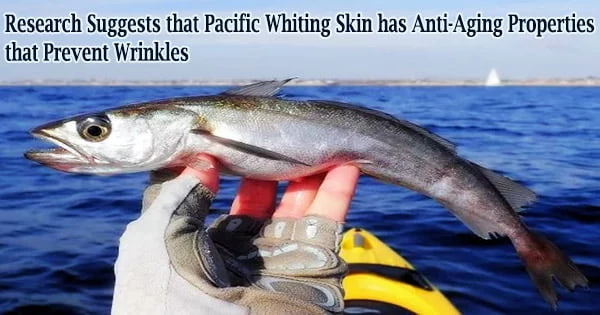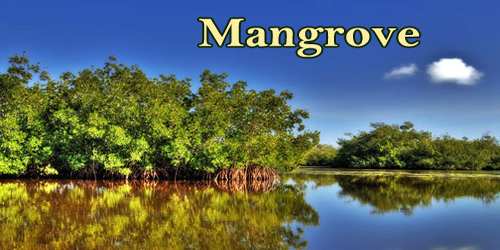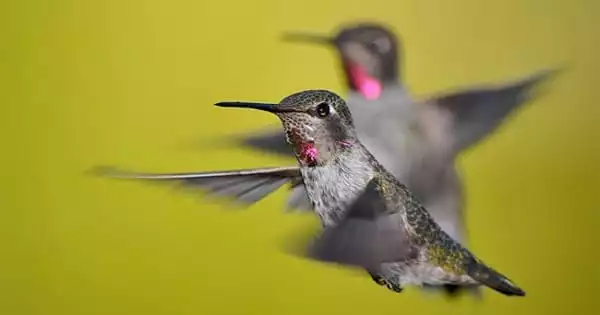According to a recent Oregon State University study, the gelatin in the skin of Pacific whiting, a common fish on the Pacific Coast of North America, may help reduce skin wrinkling brought on by UV light.
Although Pacific whiting, sometimes known as hake, is widely caught in the United States, consumers are not very familiar with it. However, it is well-liked in Europe, where it ranks as the eighth most consumed species.
In the United States, the top 10 species consumed make up 77 percent of all seafood consumed per person, yet Pacific whiting is not one of them.
Via research on Pacific whiting. In order to modify that and lessen pressure on the stocks of those 10 species, which include salmon and tuna, Jung Kwon, an assistant professor at Oregon State’s Seafood Research & Education Center in Astoria, Oregon, is working.
She researches how marine species can help human health, with a focus on the advantages of components of marine organisms like fish skin, which many Americans opt to discard rather than consume.
“Fish skins are an abundant resource that we already know have valuable nutritional properties,” Kwon said. “But we wanted to find out what additional potential value might be found in something traditionally considered a byproduct.”
Kwon and a group of researchers examined the chemical mechanisms that contribute on a cellular level to skin wrinkling in a report that was recently published in the journal Marine Drugs. Chronic exposure to UV radiation, which breaks down collagen in the skin, encourages that wrinkling.
Fish skins are an abundant resource that we already know have valuable nutritional properties. But we wanted to find out what additional potential value might be found in something traditionally considered a byproduct.
Jung Kwon
The scientists studied the effects of Pacific whiting fish gelatin on inflammatory and anti-oxidant responses, as well as pathways that are known to stimulate collagen synthesis and breakdown collagen.
They found that the Pacific whiting skin:
- Reactivated to a certain level the collagen synthesis pathway that had been suppressed by UV radiation.
- Prevented activation to a certain level of the collagen degradation pathway that had been accelerated by UV radiation.
- Promoted additional anti-oxidant activity. Antioxidants are substances that can prevent or slow damage to cells.
- Promoted additional anti-inflammatory effects.
Kwon issued a warning, noting that these are preliminary findings made using a human cell model system in her laboratory. Further research is needed using animal models.
“We saw some potential with a positive response in the cell model system,” she said. “This gives us good evidence to take those next steps.”
Co-authors of the paper are Elaine Ballinger of Oregon State and Seok Hee Han and Se-Young Choung of Kyung Hee University in South Korea.
The research was funded by Pacific Seafood, a harvester, processer, and distributor of seafood.
















